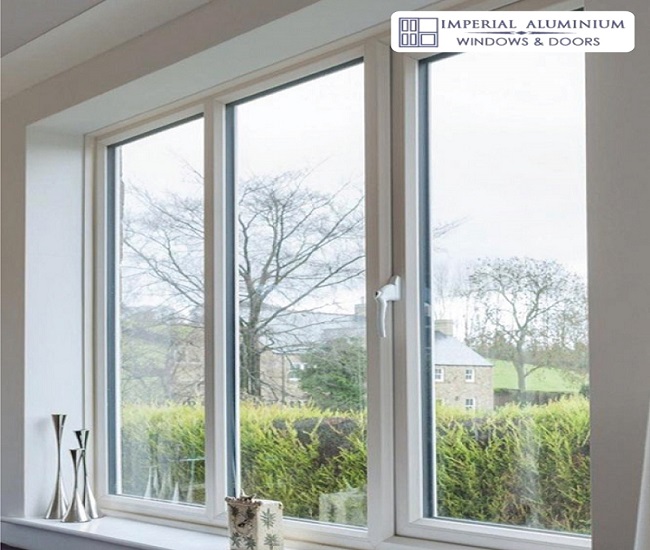All Categories
Featured
Table of Contents
Double Glazed Windows: A Complete Guide in Koongamia WA
That window can transmit more solar heat in winter season than in summer. A west-facing window on a summer's afternoon has an angle of occurrence from near 0 up to 30 with a large reliable location of solar radiation. A north-facing window, in summer season, has a high angle of incidence and a low efficient location of solar radiation, so can send less heat than a west-facing one.
You can rapidly and easily enhance the thermal performance of your house by replacing your windows. There are thousands of types of glass and frames to choose from.
Double Glazing - About Windows - Window Film Excellence in Karawara WA
There are several kinds of glass items to select from. Single glazing uses a single pane of glass. Single glazing with clear glass is not extremely efficient when it concerns heat loss or gain. To enhance efficiency, you can utilize single glazing with a more energy-efficient kind of glass such as low emissivity (low-e) glass.
The energy performance of IGUs also depends on: the homes of each layer of glass. Various glass types (for example, clear and low-e glass) can be put together in an IGU.
How Are Double Glazed Windows More Energy Efficient? in Thornlie WA

IGU cavities can be filled with air or a more inert, low-conductivity gas such as argon the width of the cavity. Cavity thickness is generally 6 to 18mm. Broader cavities offer lower (better) U worths, with 12mm normally accepted as the preferred space how well the cavity is sealed. Cavities should be dry and well sealed to prevent wetness getting in.
If argon is installed to the cavity in location of air, moisture is dependably excluded the level of desiccant (drying representative). The spacer (metal or polymer strip) that separates the glass layers consists of a desiccant to soak up any wetness. Insufficient desiccant may trigger wetness to condense on the glass surface in cold conditions, decreasing thermal efficiency.
Sustainability in South Perth WA
In reality, IGUs can provide much better energy performance for all environments, particularly in heated and air-conditioned homes. Cross-section detail of single, double and triple-glazing systems Low emissivity glass (frequently referred to as low-e glass) lowers heat transfer. Low-e glass may be either high or low transmission: High transmission low-e glass has a covering that allows daytime from the sun to enter your house to achieve good solar heat gain, but minimizes the quantity of the long wavelength infrared heat that can leave back through the window.
Low-e glass has either a pyrolytic finish or a vacuum-deposited thin movie metal finish. Pyrolytic finishings are long lasting and can be utilized for any glazing; vacuum-deposited coverings are soft and are only used within IGUs. Low-e coatings can significantly improve both U value and SHGC; however, they must be utilized properly or they will either degrade or fail to perform as required.
Why Does Double Glazing Help To Keep Us Cool In Summer? in Ocean Reef Western Australia
Low-e coatings can be used in mix with clear, toned or reflective glass. Low-e finishings on glazing can reduce heat transfer where needed Picture: Department of Industry, Science, Energy and Resources Toned glass has colouring additives consisted of throughout manufacture. It is readily available in various colours, normally bronze, grey, blue and green.
Latest Posts
Pros And Cons Of Argon Gas In Windows in Ridgewood WA
Does Double Glazing Have A Vacuum? in Shoalwater WA
Double & Triple Glazing Windows In Warwickshire in Perth